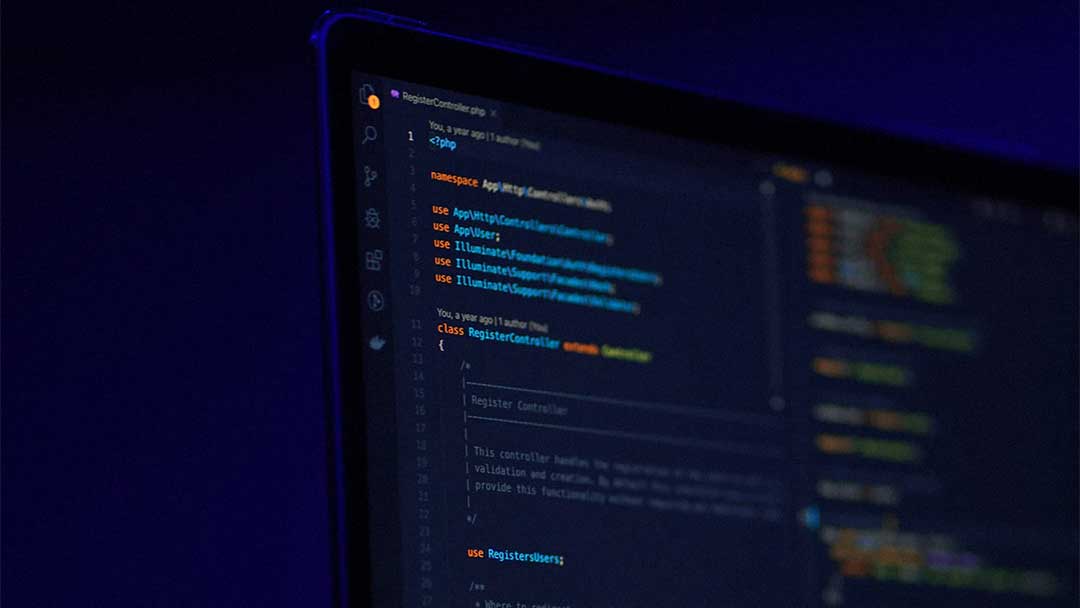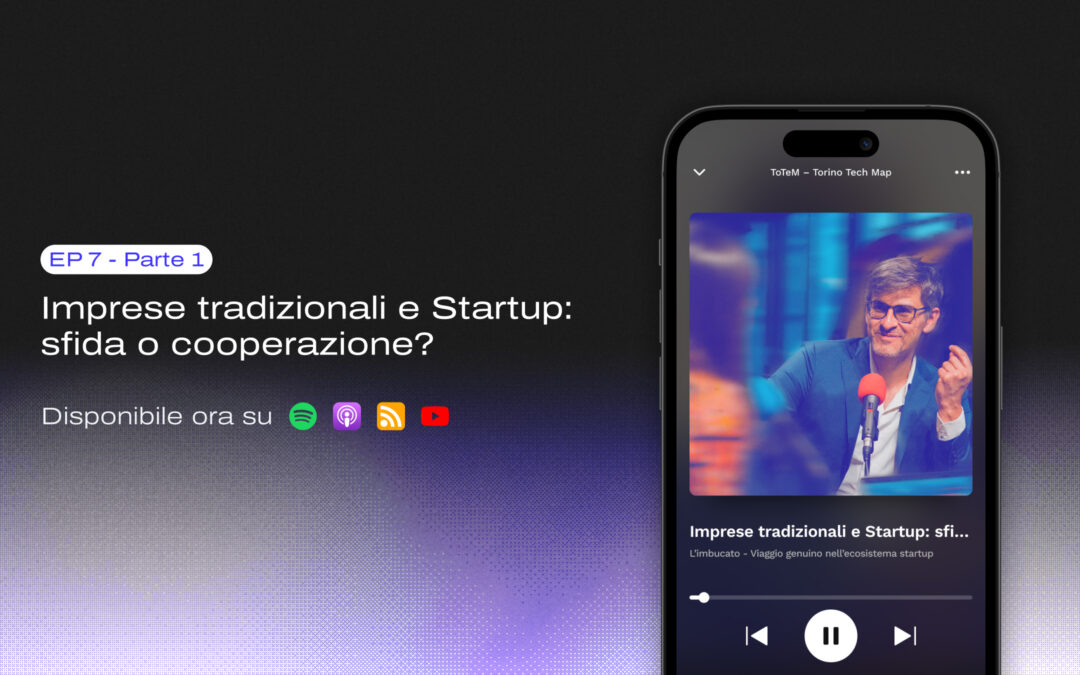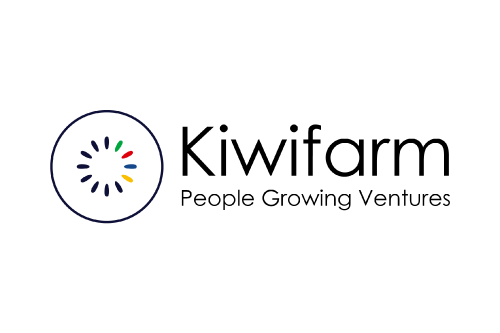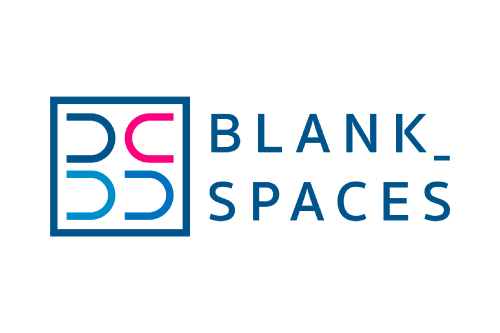Resource created by Davide Leoncino, Co-Founder and Head of Marketing at software house BitBoss
Choosing the perfect software to best manage your business flows can be a real challenge. Whether it's a CRM, accounting or management software, finding the solution that best meets the needs of a startup is not easy. However, some businesses really can't do without it, especially if they are startups aiming to scale their market.
There are several aspects that can influence this decision: time and budget are the constants of every choice, but if we talk about the adoption of a software, there are many points to consider: strategy, level of customization, flexibility, user-friendliness.
Standard or customized software?
The creation of a custom software is not a job to be underestimated: the commitment for a company is not indifferent since it is an activity that requires constant collaboration with the technical team (internal or external), an excellent overview and ability to adapt the project that is being built to the immediate and future needs of the company. In particular, the idea could be modified at any time for a change in the business model or for a change in the external environment in which the startup operates. A project of this kind has the potential to give rise to a high-performance product that can give the company a significant competitive advantage, but at the cost of a considerable amount of work. This is a good idea: are the needs of your startup such as to justify the effort and investment required to create a customized solution, or are they easily adaptable to a solution already on the market? If you believe you have very specific needs (as well as all the resources to do so) that cannot be met by an existing product, then you should consider developing a custom one. If, on the other hand, these are needs that can be adapted to what is already on the market, then you can avoid, at least for the moment, jumping into such a major investment.
Comparison between SaaS and Custom
Software that is defined as SaaS (software as a service) gathers a series of ready-made functionalities that can be used against the payment of a monthly or annual fee. They basically offer a product that is already packaged and ready to use. Today, most SaaS lives in the cloud, which means they don't even require additional downloads or component installations to make the program work. An advantageous aspect of this type of software is related to the fact that, once you've purchased the license, you don't have to worry about maintenance: usually those who rely on standard software don't have to incur costs for updates, hosting, bug fixes, and there's no need to pay a technical team to take care of the entire structure. This is because it's the provider's job to make sure they keep the service up and running and, possibly, of high quality. This solution doesn't require a large time or cost commitment in the short term, but in the long term? Often when dealing with standard software it is your company that has to adapt to the product and not the other way around. There is no way to make a SaaS fit perfectly with the flows and processes already in use in the company, and you can hardly think of acting on the interface or usability of the software to improve its performance. It is certainly possible to dialogue with the supplier company to make specific modifications and customizations, but it is not said that whoever supplies the service has the interest or the possibility to do so, and in any case any customization would start from a standard and sub-optimal solution to try to obtain a tailor-made one. In the case of very large SaaS, you often risk paying a very high fee to take advantage of only a part of the service or, on the contrary, you are forced to buy more software and try to make them interact to find the most suitable solution. In the long run, SaaS can be more expensive than the real cost of software designed and developed from scratch..
Customized software, on the contrary, are tailor-made solutions, designed according to the specific business needs of the customer. Choosing to use a custom software means to take advantage of a product specifically designed and implemented according to the technical peculiarities that you need. An aspect to be taken into account in such a job is the ownership of the code, which at the end of the development becomes an asset of the customer who can freely dispose of it and integrate it with new features based on the growth and development of the company. The choice of a custom software affects, much more than the adoption of a SaaS, also the business strategy: in addition to speeding up the management flows, a well-structured and integrated software with all business areas can be a great competitive advantage over competitors because it helps to achieve specific goals and this allows the business to make a big step forward, especially in the startup world.
One aspect to consider, and certainly of primary importance, is security. A bespoke application, unlike a packaged software, is only accessible by the development team and the company itself, so the related risks are greatly reduced.
Finally, there is a legal aspect not to be ignored: in the case of the acquisition of an application software produced internally, the latter can be entered among the "Industrial patent rights and rights to use intellectual works" and subjected to the amortization process, if protected, or fall within the sphere of costs with potential multi-year utility, which can, once the hypothesis of future utility has been ascertained, also be entered among Assets in the Balance Sheet in B.I.7 Intangible fixed assets if the software is not protected. The real question to be asked, therefore, is not what the cost of customized software might be, but how much does standard software really cost the company in the long run?
Understanding who you are to understand what you need
In conclusion, there are no absolute right or wrong decisions, but it is advisable for a startup to weigh their choices well by first assessing the size of the budget and the immediate and future needs of their company. You shouldn't dismiss the possibility of opting for a bespoke solution out of hand just because you fear you won't be able to sustain a large investment, but it's important to understand your own needs and to consider the possibility of a more streamlined, off-the-shelf solution if your startup is still young. Understanding what role the software will play within the company and how important it is for its development are the fundamental points on which to reflect from the beginning, only in this way will it be possible to evaluate the best choice between buying a SaaS or creating a custom software together with a software house.










